
Loading...
.webp&w=1536&q=75)
A pollution certificate or pollution control license is a formal authorization issued by the State Pollution Control Board (SPCB) or Pollution Control Committee (PCC), under the broader guidance of the Central Pollution Control Board (CPCB).
About the Author

Parul Bohral, a BALLB graduate and experienced legal researcher and content writer with expertise in various legal areas, including corporate law and intellectual property. I have gained valuable experience in esteemed legal environments, where I have strengthened my research skills, allowing me to approach legal writing with precision and depth.
As a legal content writer, I am committed to delivering work that not only informs but also engages readers. By staying informed about the latest trends in content marketing and regulatory developments, I ensure that my writing remains sophisticated and meets industry standards. My dedication to thorough research enables me to craft content that is both insightful and impactful.
Related articles
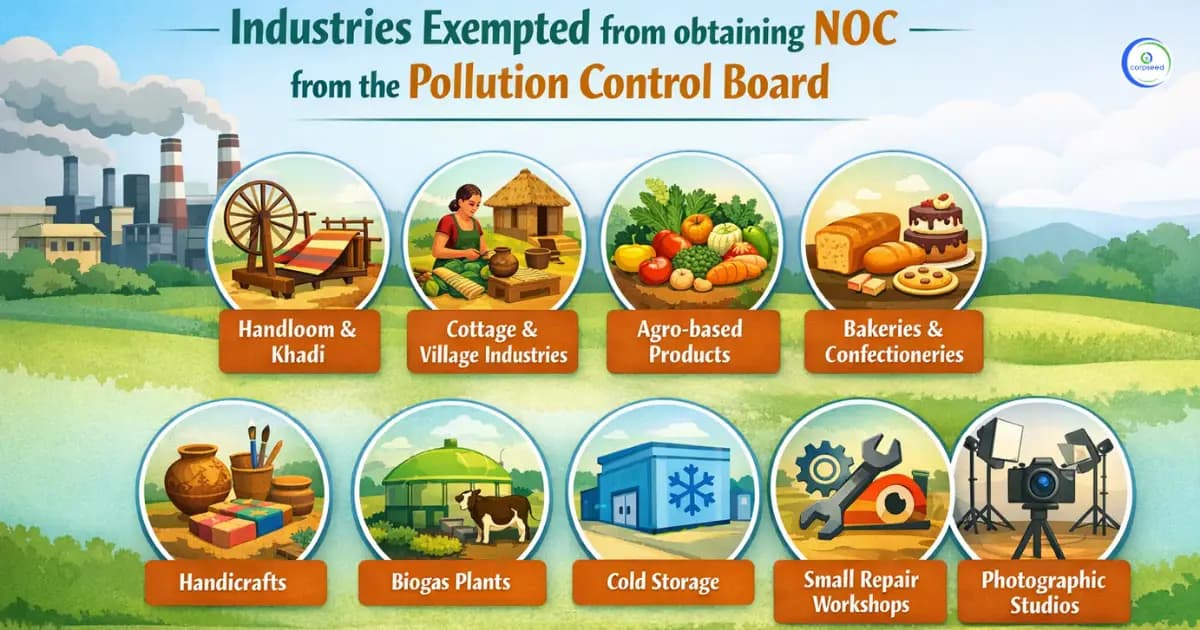
Industries Exempted From Obtaining Noc From The Pollution Control Board
2026-02-18
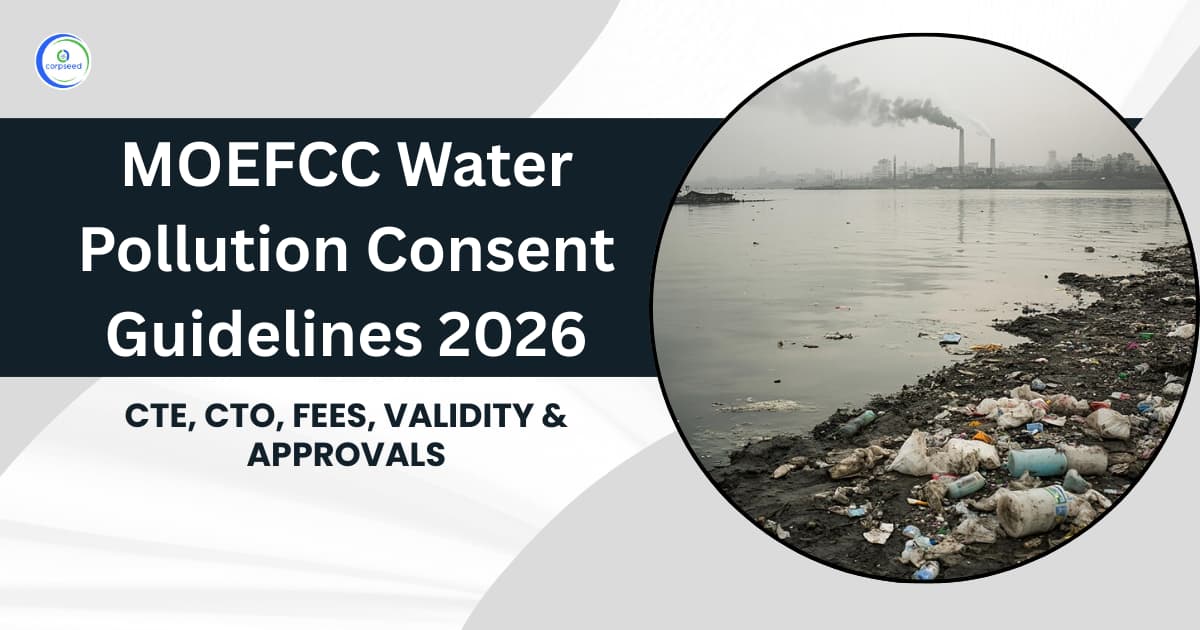
MOEFCC Water Pollution Consent Guidelines 2026: CTE, CTO, Fees, Validity & Approvals
2026-02-11
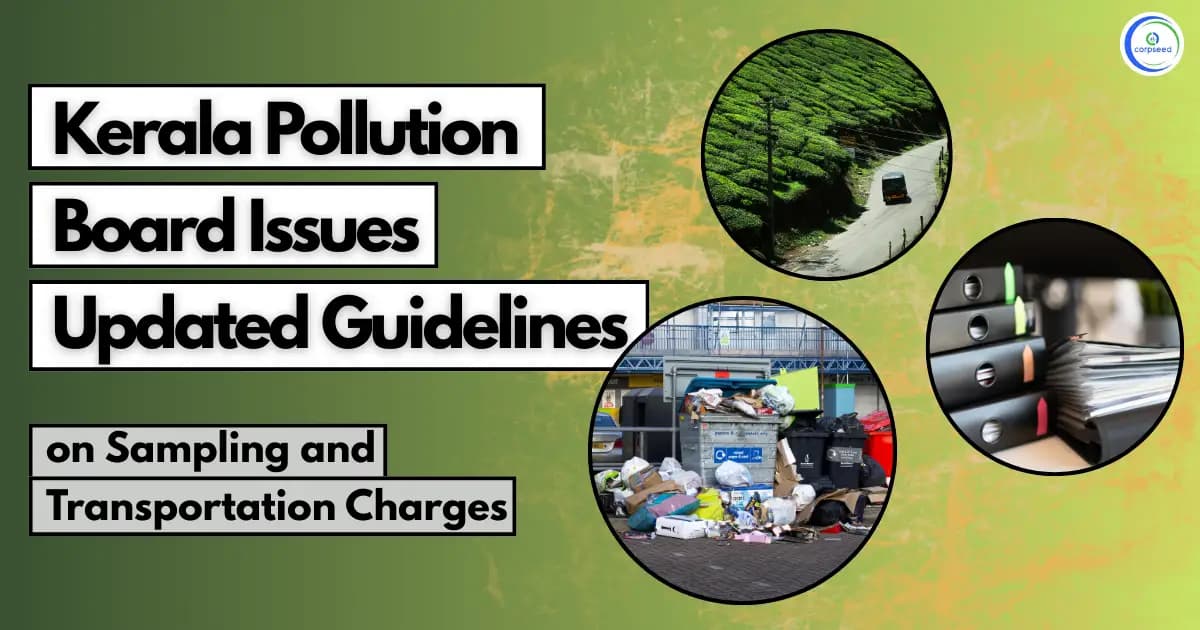
Kerala Pollution Board Issues Updated Guidelines on Sampling and Transportation Charges
2026-01-22
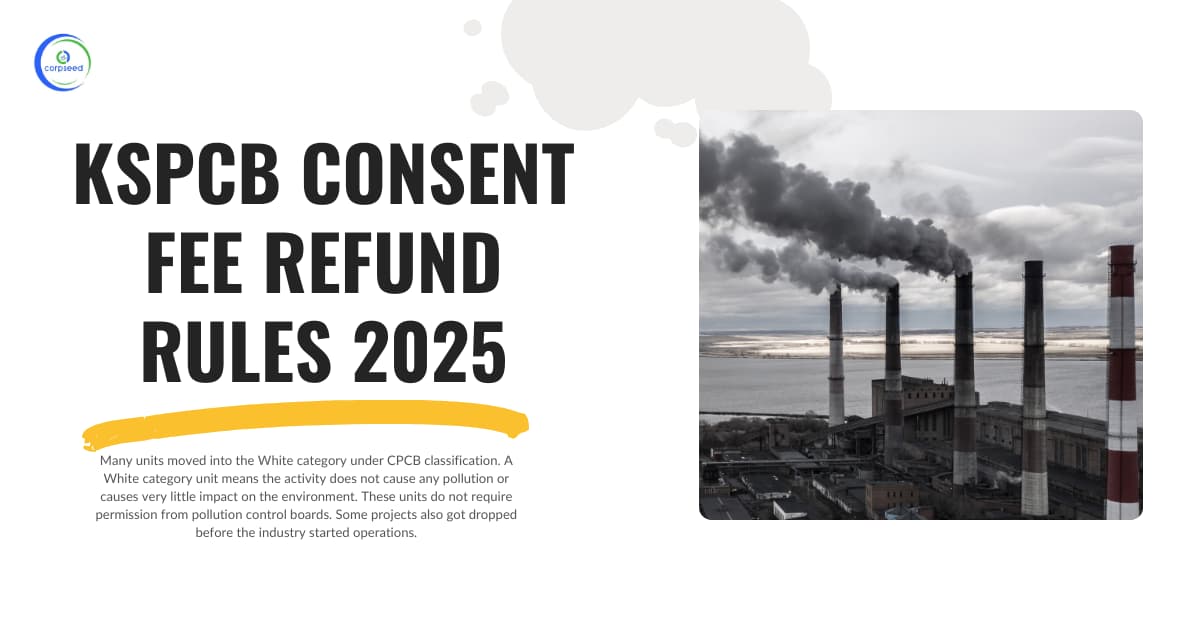
KSPCB Consent Fee Refund Rules 2025
2025-12-04
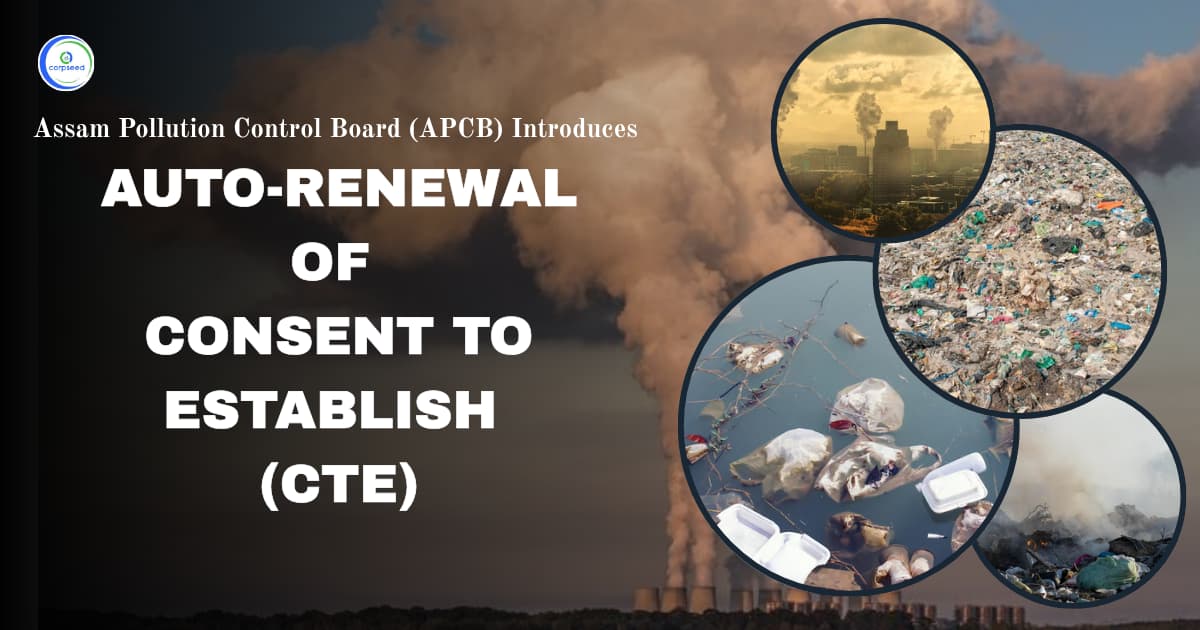
Assam Pollution Control Board (APCB) Introduces Auto-Renewal of Consent to Establish (CTE)
2025-10-07
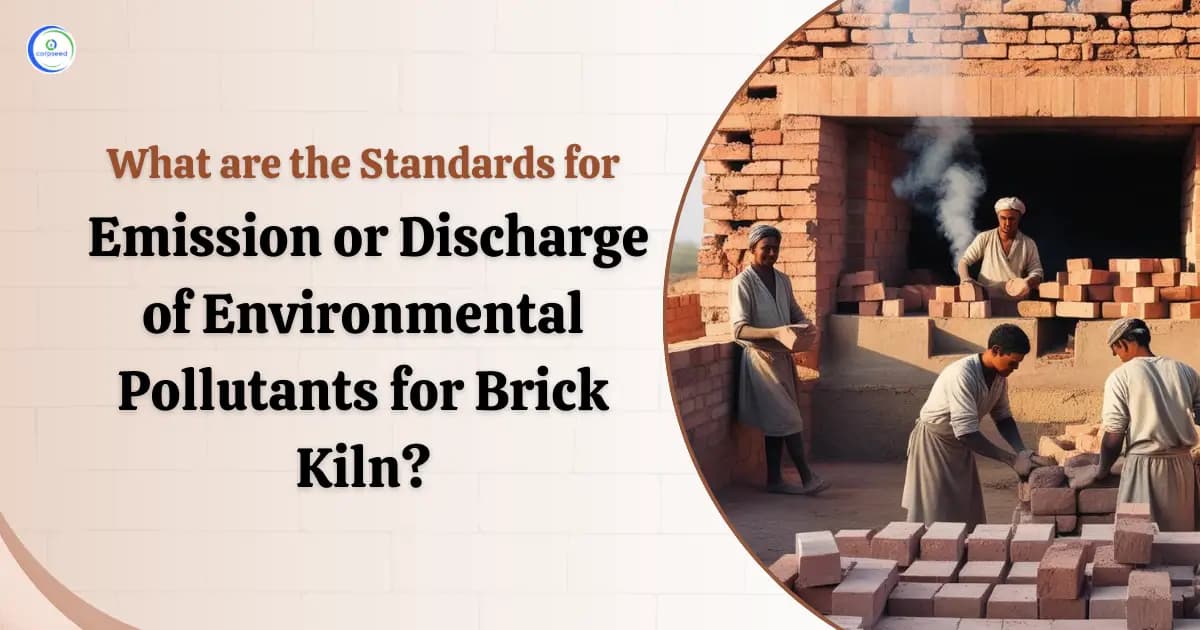
What are the Standards for Emission or Discharge of Environmental Pollutants for Brick Kiln?
2025-05-09